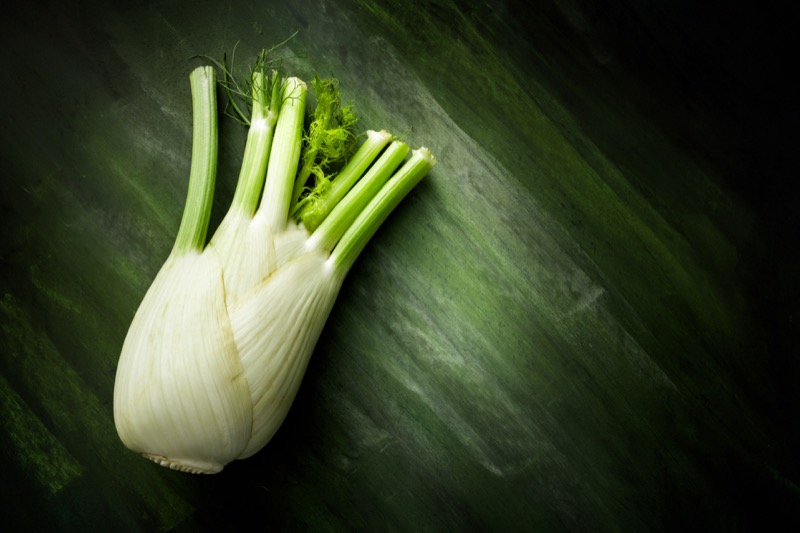Our Boxes
| Vegetables
| Fruit
| Salad
| Drinks
| Meats
| Fish
| Dairy
| Cheese
Bakery | Herbs | Other Bits | Snacks | Seasonings | Oils
Bakery | Herbs | Other Bits | Snacks | Seasonings | Oils
Fennel

Florence fennel or finocchio is a selection with a swollen, bulb-like stem base that is used as a vegetable
Nutrition:
A 100-gram portion of fennel seeds provides 1,440 kilojoules (345 kilocalories) of food energy, and it is a rich source (more than 19% of the Daily Value, DV) of protein, dietary fiber, B vitamins and several dietary minerals, especially calcium, iron, magnesium and manganese, all of which exceed 100% DV (table). Fennel seeds are 52% carbohydrates, 15% fat, 40% dietary fiber, 16% protein and 9% water (table).
Storage:
Fennel is a sensitive soul. Although it looks quite solid, it can easily acquore brown pressure marks and become soft. So treat it carefully – and be sure not to store it wedged between other vegetables.
The root vegetable is comfortable with cooler temperatures. The vegetable drawer of your fridge is an excellent place to keep it fresh.
Although you can store it wrapped in a brown paper bag on the counter for 2-3 days, you can also extend its shelf life up to 7-12 days total by covering it with a moistened kitchen towel, and keeping it in the fridge.
Freezing it is another idea that works out fine. This way, you can keep fennel fresh for up to 8 months.
An important step to remember: you must blanche it before freezing!
Source:
Fennel is a perennial, pleasant-smelling herb with yellow flowers. It is native to the Mediterranean, but is now found throughout the world. Dried fennel seeds are often used in cooking as an anise-flavored spice. But don’t confuse fennel with anise; though they look and taste similar, they are not the same

